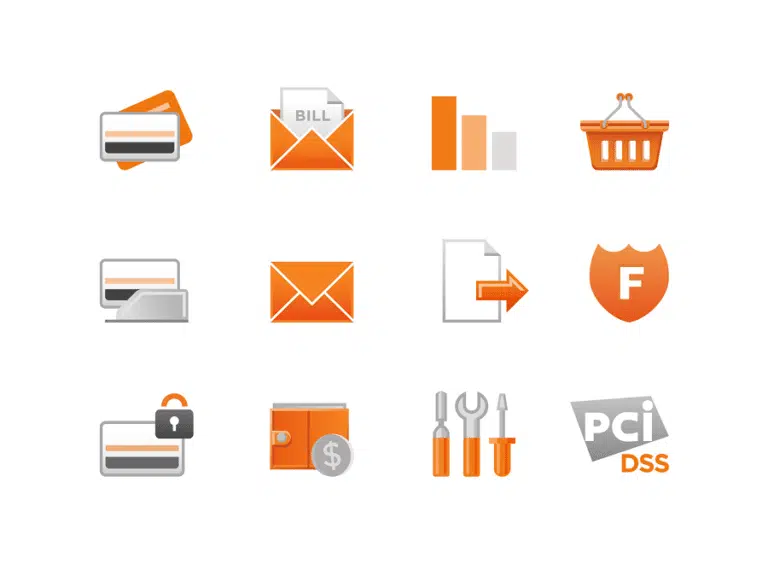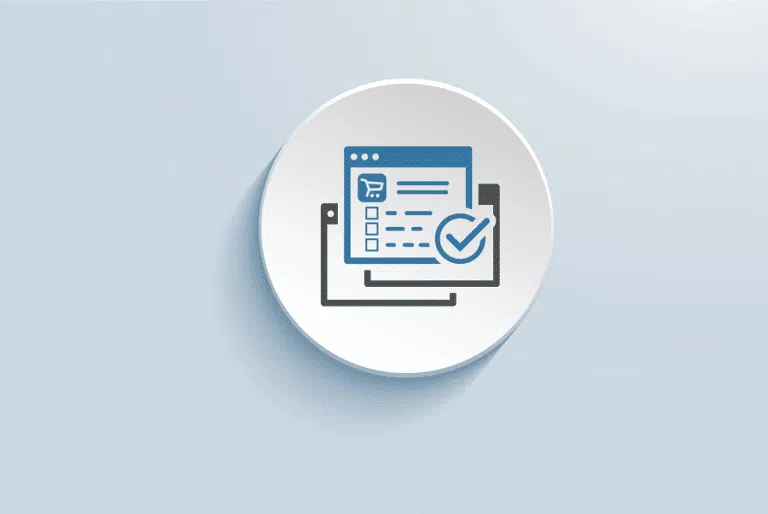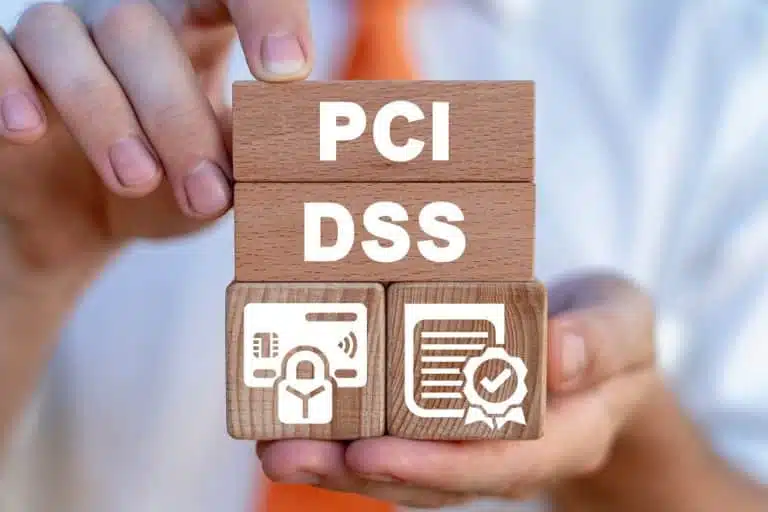Ever since the dawn of time, Man has wanted to barter and trade, and using “value tokens” has proven to be the single most efficient way to maximize the transactional process. Currently, credit cards remain the most popular means of paying for goods.
Due to their popularity, credit cards are also the number one target for cybercriminals who use their associated data to channel funds into their own nefarious pockets. The international community has created a series of protocols to combat credit card information theft to combat this risk. The umbrella term for these conventions is the Payment Card Industry Data Security Standard (PCI-DSS).
And failing to abide by the PCI-DSS regulations can be painful. Infringement will cost your company dearly, resulting in damage to your company’s reputation and a resultant collapse in sales. Due to the significant penalties for ignoring these rules, most international businesses take the PCI-DSS regulations very seriously, and compliance is attaining rapid adoption.
The primary method for maintaining control over any PCI data that your company manages is focused company training. The best practice for any company is to understand PCI compliance. In this post, we provide you with the background to the PCI compliance process and directions on how to best train your employees in cyber awareness.
PCI Compliance Training Requirements
Requirement Number 12 of the PCI-DSS states that companies and organizations responsible for PCI data must “Maintain a policy that addresses information security for employees and contractors”. This brief statement has spawned an entire industry based on cyber security and company and consumer electronic data protection.
Accepting the technological requirements as a given, the one area that requires constant honing and refreshment is personnel training in the correct and secure use of all forms of data. From basic instructions on how to prevent illegal footfall betting on company premises to the highly sophisticated analysis of data flows, the new industry of cyber awareness training is rapidly growing in importance.

Create PCI Compliance Policies
Any PCI compliance policy must first start with the internal security of the enterprise itself. Whether that business is a product manufacturer, software developer, or PCI merchant service provider, the message is simple—sort out your internal security policies first.
On the IT side, sensitive data, such as that regulated by the PCI, must never be transmitted in unencrypted format. This is critical if laptops or electronic media get stolen from an office or employee’s home or motor vehicle.
So, step one, educate your staff about this rise in data leak security risk and then raise their awareness of its occurrence.
Next, define a clear approach to your company’s cybersecurity policies. These must be data-centered and focused on preventing and mitigating any data theft. In addition, you must monitor your networks, monitor access configurations, and provide 24/7 surveillance of the status of all company data and its direction of flow.
Should any data breaches occur, then clear procedures for their management must be established with the immediate objective of minimizing any damage caused and preventing similar occurrences in the future. Such notification policies will involve contacting legal authorities, your business partners, and your customers.
Ensure Employees Understand the Risks
Your company employees must be aware of the risks of a data breach. Poor awareness can result in the loss of customer data and subsequent reputation damage to your company, but heavy fines can also hit your company. These penalties can range from 10 USD a month to 60,000 USD per year if breaches go unresolved.
Data intrusions on PCI merchant companies can also lead to brand suspension, inevitably damaging those companies and creating redundancy among their staff. A survey conducted by the National Cybersecurity Alliance of around 1,000 small and medium-sized businesses found that some 60% of those hit by data breaches shut their businesses within six months.
PCI compliance isn’t cheap, and it becomes more expensive as hi-tech companies delve into new technologies. However, ignorance, or complete avoidance of compliance, can prove costly, if not fatal, to any company dealing in electronic data. Your first line of defense against such threats is your staff, and it is management’s responsibility to raise awareness among its personnel and provide the appropriate staff training within their companies.

Make PCI Compliance Training Mandatory
Having recognized the value of PCI compliance training, it must become company policy to ensure that its adoption is mandatory.
Cyber attacks can come from any direction. Fraud remains a major concern, as do data breaches through an external cyber attack. However, other attack vectors include unintentional mistakes made by company personnel. Sensitive client data can be sent to the wrong destination as a result of simple, innocent human error. PCI training must also provide safety nets for this type of event.
Data protocols must be established in terms of network management and security and constant data audit control. Data is the lifeblood of your organization, and as with the human body, any blood loss cannot be sustained indefinitely.
Make Training Engaging
Mention “training” in any company setting, and you will most likely be met by a chorus of groans. It’s par for the course. Most hi-tech companies are bombarded by training courses, re-training courses, and certifications. Due to the high risks involved, cyber awareness training must be and can be more engaging, even fun.
Using a range of imaginative tools and simulations, cyber awareness training companies can draw your staff in from the outset. For example, computer-generated phishing attacks can be sent to your staff to test their alertness. These are generally linked to current world events such as wars, COVID, sports events, or elections to ensure that your staff is kept on their toes.
Social engineering training can also train your employees to be on the lookout for attacks coming from their social media.
Such approaches make training more attractive by connecting the world of data security to the everyday experiences of all of your company employees.

Keep Training Materials Up to Date
As data management processes evolve with the development of faster microchips and ever more complex computer architectural design, training must evolve in parallel. The world of cybercrime never rests, and cybercriminals are constantly inventing new ways to exploit network and data vulnerabilities. And, with the dramatic growth of cloud networking and remote computing, the growth of attack vectors for hackers and cyber crooks has simply mushroomed.
To manage this quantum leap in data networking and computing power, cyber awareness training must likewise develop in sophistication. Companies that invest in monitoring these new technologies will be able to supply the appropriate training to meet future challenges.
Checklist
Use the following as a brief checklist for your PCI-DSS compliance procedure:
- Establish physical security procedures to combat tailgating and 3rd party intrusion
- Define network and data access security
- Build a comprehensive data map
- Establish a data breach mitigation and remediation process
- Encourage a zero-trust data management policy
- Establish a remote data storage culture
- Be proactive, not reactive
Conclusion
To meet your PCI compliance obligations, you should partner with a cyber security awareness training company such as CybeReady (recommended by 100% of its customers on Gartner Peer Insights). CybeReady provides frictionless security awareness training in a fun and engaging environment.
Contact CybeReady to start improving the effectiveness of your PCI compliance program today.













